In this article
View 3 More +You’ve undoubtedly heard of the benefits of olive oil on human cardiovascular health. Research has also shown it has anti-inflammatory properties, contains antioxidants, and may help protect against or treat a variety of conditions in people, including rheumatoid arthritis, cancer, and type 2 diabetes. Of course, you want the best for your dog and may wonder if dogs can have olive oil.
Olive oil is safe for dogs and can be a healthy source of fat as part of a balanced diet. However, this statement comes with a few caveats. Adding olive oil as a supplement to your dog’s diet should be carefully considered based on your pet’s individual needs and health concerns and discussed with a veterinarian.

Why Can Dogs Eat Olive Oil?
Olive oil is the pressed extraction from the fruit of the Olea europaea tree. The unrefined product is extra virgin olive oil (EVOO). This fat is an integral part of the Mediterranean diet. It offers the most health benefits as opposed to refined versions. EVOO contains monounsaturated fat, which accounts for much of its value. This macronutrient provides an excellent source of energy.
The Association of American Feed Control Officials (AAFCO) recommends that puppies and pregnant/lactating females get a minimum of 8.5% of their total caloric intake from fat.1 Adults should get at least 5.5%. Fat is vital for our bodies to absorb and store fat-soluble nutrients, like vitamins A and D. It’s also essential for hormone production and cell function. It does the same for dogs.


Benefits of Feeding Olive Oil to Dogs
While fat is necessary for canine and human health, it boils down to the type. EVOO is a monounsaturated fat. That speaks more to its chemical composition and the fact that it remains a liquid at room temperature.
Antioxidant and Anti-inflammatory Effects
EVOO is rich in antioxidants such as polyphenols. Antioxidants break down free radicals within the body, which helps reduce cell damage caused by them. Consuming foods rich in antioxidants is, therefore, beneficial for your dog’s overall health.
EVOO also has anti-inflammatory properties, which can help reduce some harmful inflammation that your dog has as a result of an injury, illness, or both. Olive oil contains roughly 36 phenolic compounds. Scientists have identified one called oleocanthal that shares anti-inflammatory properties with ibuprofen (although ibuprofen should never be given to dogs).2
Digestive Health
Another benefit of fat is satiety. You feel full longer after eating a meal containing fats than one without. Research has revealed a similar effect in dogs. Adult canines fed a diet containing olive oil had slower stomach emptying and improved protein digestibility compared to sunflower oil. The latter is also a monounsaturated fat. However, this study found a difference between the two, making olive oil the preferred fat in this case.3
The Danger of Olive Oil and Dogs: Fat and Caloric Content
Olive oil is a fat and packs a hefty caloric punch. A mere tablespoon contains 124 calories and 14 grams of fat. It doesn’t offer much nutritional value other than the fatty acids and phenolic compounds it contains. Let’s put those figures in context. An adult dog weighing 20 pounds should consume between 325–400 calories daily for maintenance. A serving of olive oil runs the risk of tipping the scales in the wrong direction, leading to obesity. This condition could negate any health benefits this fat provides.
Another concern with olive oil and dogs is digestive upset. A dog used to getting a low-fat diet may have issues if you suddenly add olive oil to their food. Signs of a food intolerance include nausea, vomiting, and GI distress. Pancreatitis is also a risk, this serious condition causes pain and vomiting.


Frequently Asked Questions (FAQ)
How Do I Choose Which Oil Supplement to Give My Dog?
Often, when supplementing oils into a dog’s diet for health reasons, you are looking to increase the amount of the omega-3 essential fatty acids docosahexaenoic acid (DHA) and eicosapentaenoic acid (EPA). Essential fatty acids are fatty acids that dogs can’t make themselves and, therefore, must get from their diet. The anti-inflammatory effects of DHA and EPA have been widely studied in dogs, and they can be of benefit in a variety of health conditions, including kidney disease, cardiovascular disease, osteoarthritis, and atopy (allergic skin disease).
Oils from marine sources such as fish oil are the best sources of these omega-3 fatty acids, rather than olive oil. When looking into oil supplements for your dog, we advise discussing the best option with a vet.
- You may be interested in: Sources of Omega-3 for Dogs & How Much They Need Daily (Vet Approved)
If you need to speak with a vet but can't get to one, head over to PangoVet. It's our online service where you can talk to a vet online and get the personalized advice you need for your pet — all at an affordable price!

How Should I Give My Dog Olive Oil?
As discussed above, we advise consulting with a vet before adding olive oil to your dog’s diet to make sure it is a suitable addition for their individual situation and health concerns. If given the go-ahead, even though olive oil is safe for dogs, moderation is key. Begin with a small amount of about 1 teaspoon. You can mix it with their food or with their treats. Then, observe your pup’s reaction before offering it again. Ensure your pooch isn’t having problems digesting it.
You may also be interested in finding a dog food with the proper amount of olive oil in its ingredient blend. We recommend you check out Raised Right for a human-grade, nutrient-dense option that can cater to various dogs and their needs.
Can I Give My Dog Olive Oil Without My Pet Gaining Weight?
Keep the calorie count in mind when planning your pet’s diet, and seek advice from a vet. You may need to adjust the portion size to account for the extra fat, but it is important to make sure you don’t disrupt the overall balance of essential nutrients in your dog’s diet.
Do Dogs Generally Like Olive Oil?
Many pups are non-discriminating in their tastes. However, they have a keen sense of smell. Some pets may find the scent of olive oil too strong. Observe how your dog reacts and let them decide.


Conclusion
Olive oil can be a source of healthy fats in your dog’s diet. Canines have adapted to the foods we give them as pet owners. However, it’s always best to consult your vet before trying anything new to make sure it is a suitable dietary addition for your pup. The appropriate type and amount of oil supplement for your dog will differ significantly depending on their nutritional requirements and any health conditions they may have.




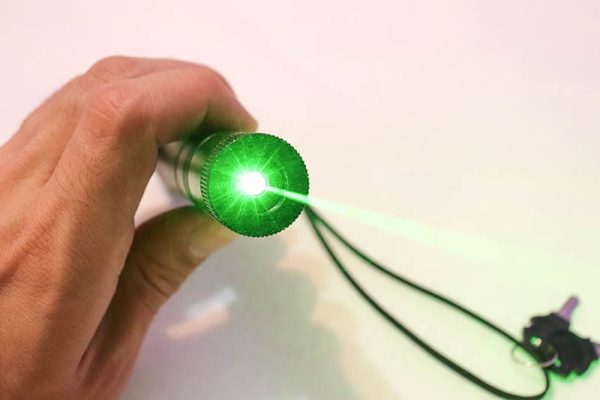
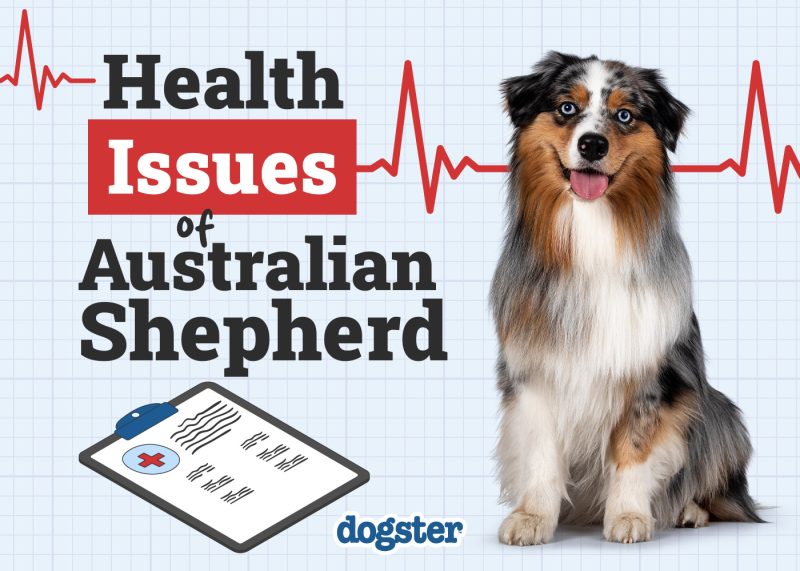
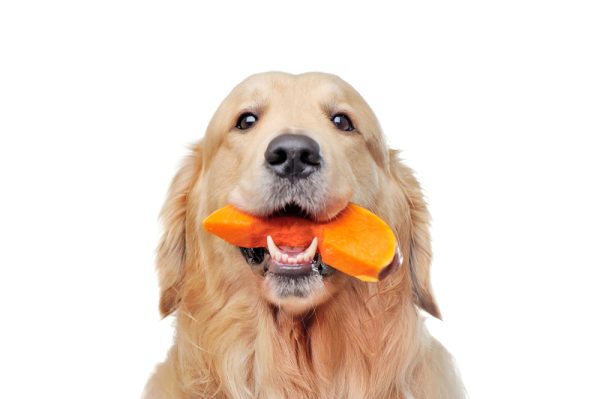
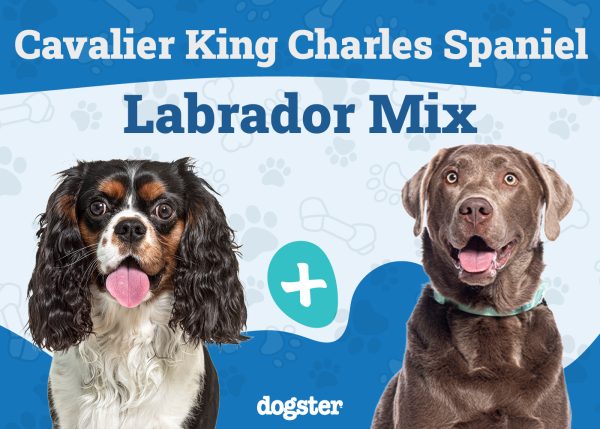

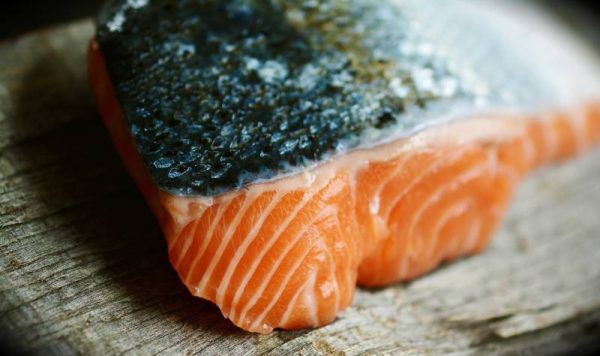
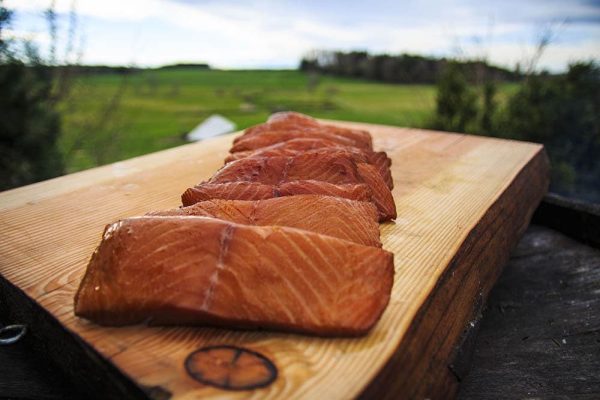



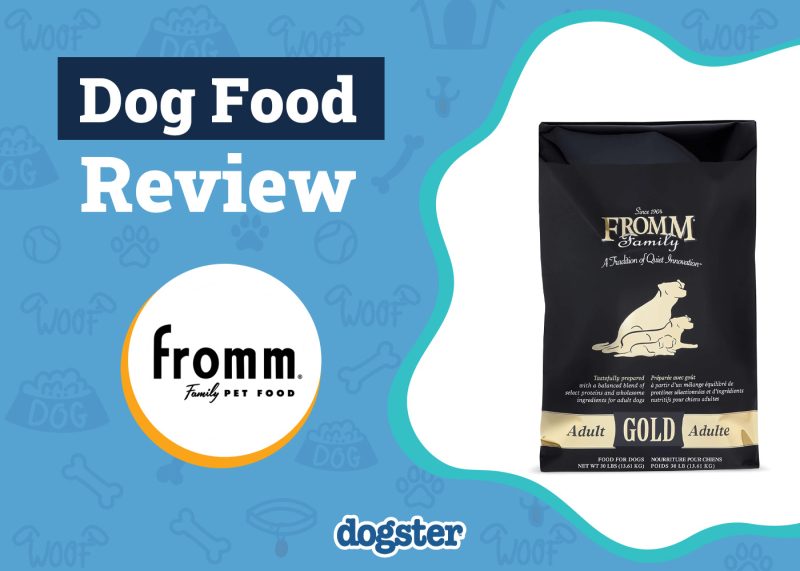
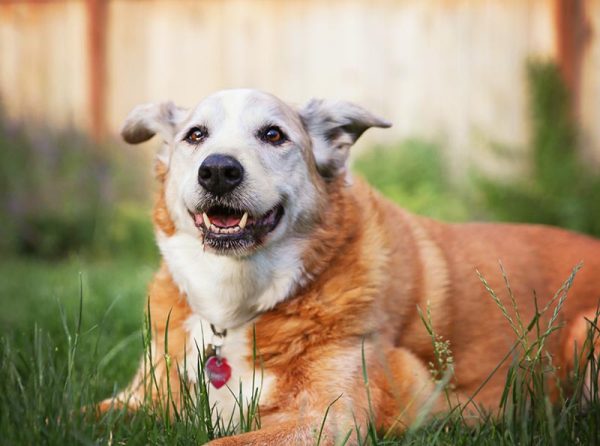





2 Responses
giving Olive oil to my dogs, will it help with the fleas?
Hello Renda,
thank you for your question. Feeding olive oil to your dogs most probably won't have any effect on whether fleas will attach to your dog. Using olive oil externally could potentially suffocate the fleas, however, it is important to mention that these tactics should be used only after consultation with a veterinarian!
If you want to have an online consultation with a professional veterinarian from the comfort of your home, I would recommend you setting up a video-call appointment with one of the vets from www.PangoVet.com. This is an veterinary telehealth service, where you can have 20-minute video-call with a veterinarian who will answer all your questions.
Hope this helps.